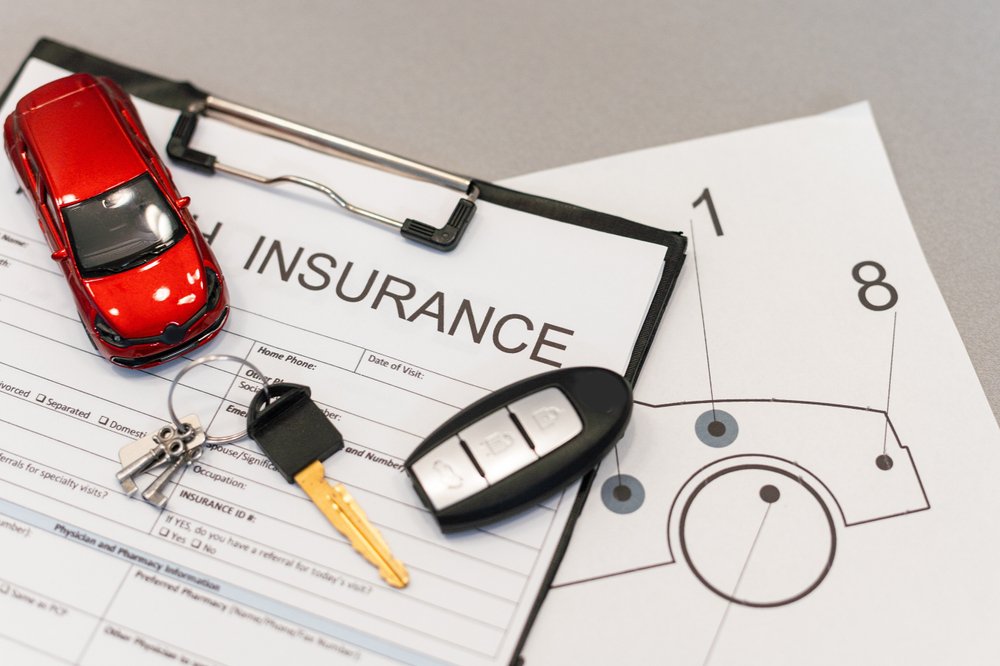What are the Types of Car Insurance in California?
Car insurance isn’t just a good idea; it’s mandatory in order to drive legally on the roads. This is true in nearly every state, including here in California. That being said, all car insurance companies aren’t the same and all California car insurance policies aren’t the same either. This leads to the question, “What are my options?” What are the types of car insurance available to you?
When shopping for car insurance California drivers need to consider more than just cost. From state-mandated liability coverage to optional plans like comprehensive and collision, there’s a wide range of options to choose from depending on your driving habits, vehicle type, and budget. Understanding your choices helps ensure you’re adequately protected on the road.
4 Types of California Car Insurance
You have a few different options when it comes to covering your automobile with insurance. These choices are in place to make sure everyone has the protection they need. Here are the types of acceptable insurance:
#1 Motor vehicle liability insurance policy
#2 Cash deposit of $35,000 with DMV
#3 DMV-issued self-insurance certificate
#4 Surety bond for $35,000 from a company licensed to do business in California
Essentially, you either need coverage through a California auto insurance company or you must prove you have the cash on hand to pay for any damages you cause. If you’re able to put up $35,000 in cash, you can drive without coverage through a company by simply paying for another car’s damages from your own bank account. Obviously, not many people can or choose to do this, making it an uncommon choice. Most drivers rely on trusted auto insurance providers in California to meet legal requirements and secure peace of mind on the road. Nearly all drivers are covered by an auto insurance policy.
Minimum Liability Insurance Requirements
For private passenger vehicles, meaning a car that isn’t used for commercial purposes like a delivery truck, these are the minimum liability insurance requirements (per California Insurance Code §11580.1b):
$15,000 for injury/death to one person.
$30,000 for injury/death to more than one person.
$5,000 for damage to property.
When you get California car insurance, your policy must cover at least this much. Liability insurance compensates a person other than the policyholder for personal injury or property damage. Comprehensive or collision insurance does not meet vehicle financial responsibility requirements. Insurance companies in California are required by law (California Vehicle Code [CVC] §16058) to electronically report private-use vehicle insurance information to DMV. The insurance companies tell the state that you have coverage and that it meets the minimum requirements. Choosing a reliable car insurance company California residents trust can help ensure your coverage is properly reported and up to date. If the DMV does not receive proof of insurance for your vehicle, the state will suspend your vehicle’s registration and the vehicle may not be operated or parked on public roadways until proof of insurance is submitted. You don’t want to get caught driving without insurance or a valid registration!
Insurance is required on all vehicles operated or parked on California roads. That much you already know. Do you have further questions? Reach out to Pronto Insurance and ask! We’re here to answer all your further questions regarding California car insurance. We can even provide you with a free online quote.













